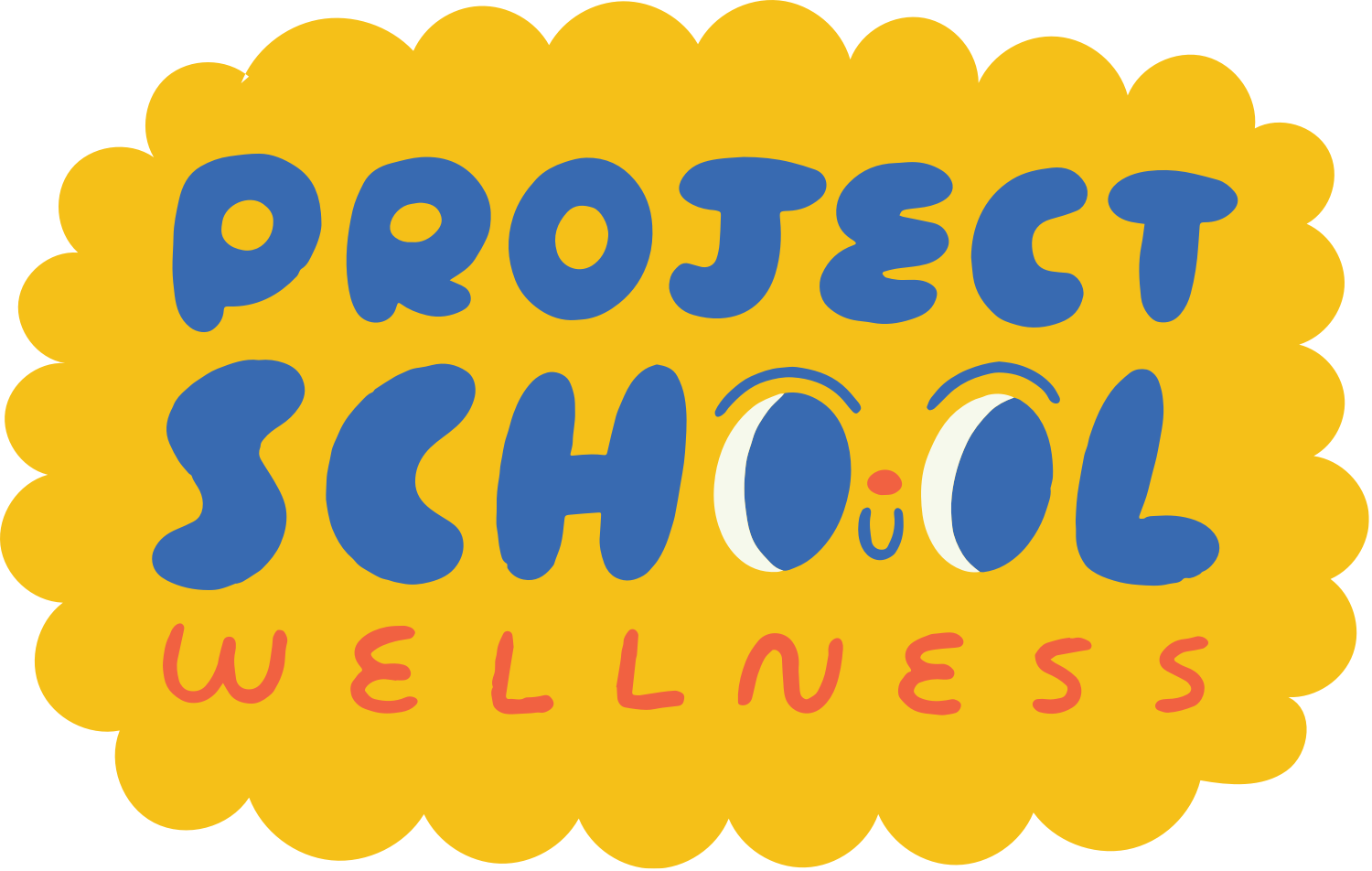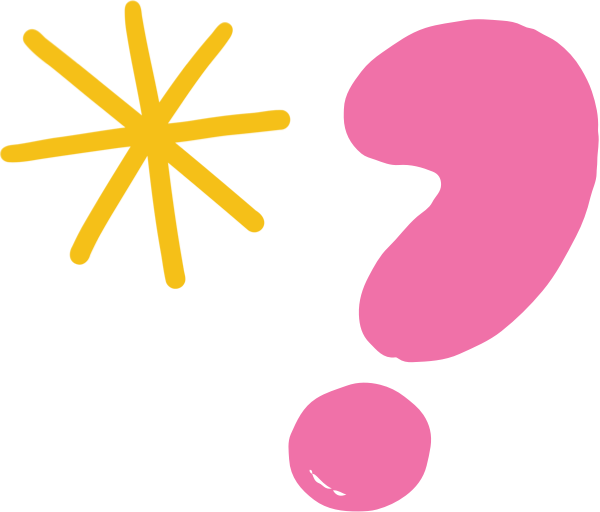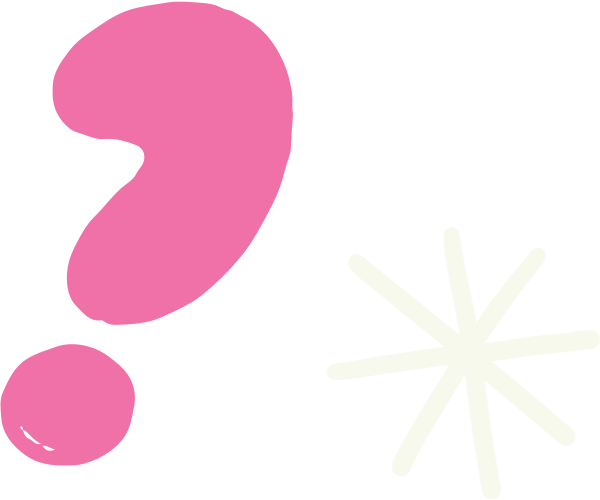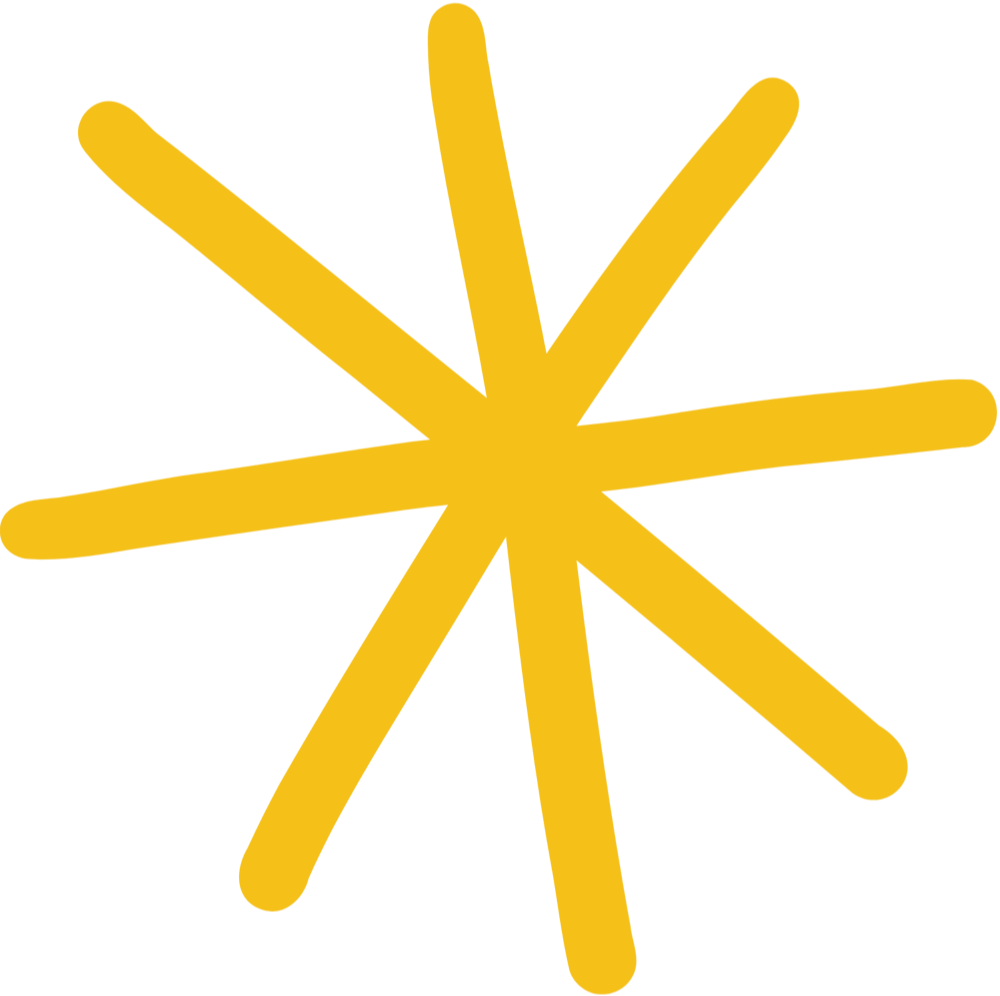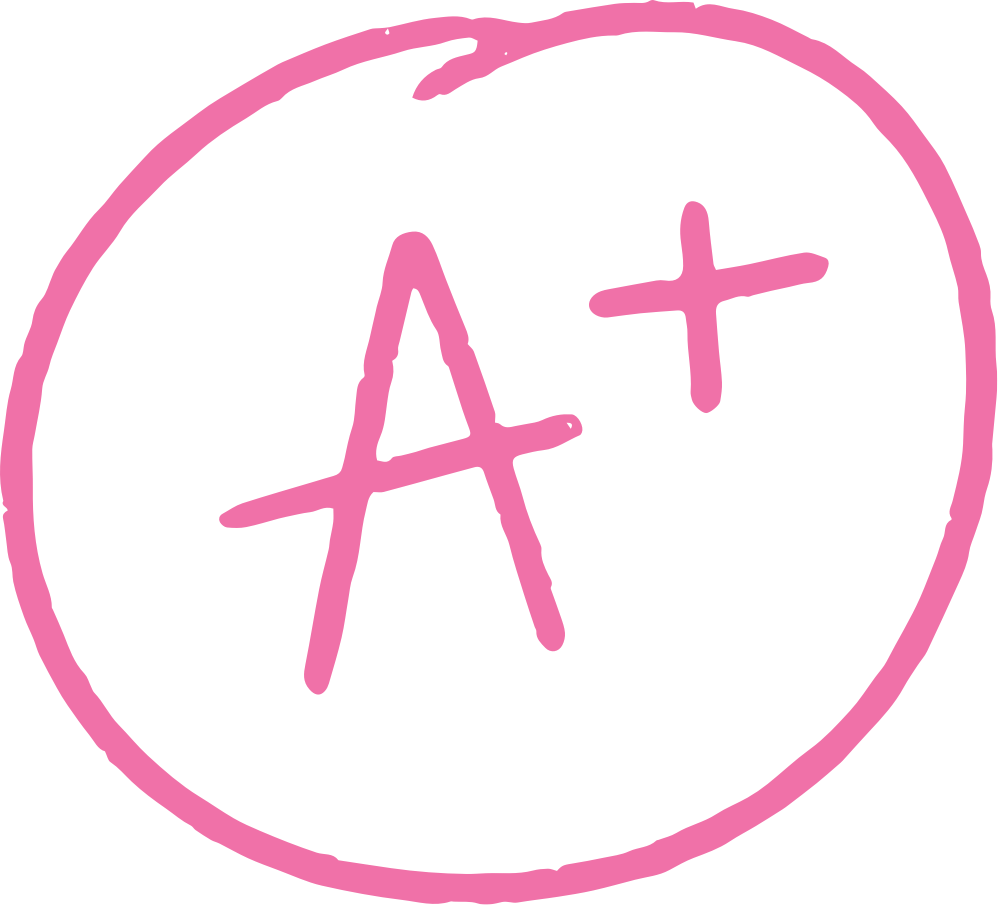
Health Education Guide
How to Teach
Alcohol Education
Quick and Easy Teaching Activities
Start Here!
Looking for tips on how to teach kids about alcohol? This guide offers health teachers a practical, skills-based approach to alcohol education. Discover effective strategies, lesson ideas, and tools to help students understand alcohol, build decision-making skills, and make informed choices.
What’s in This Guide:
Grade-Level Specific Teaching Ideas →
Video Breakdown of alcohol education
Let’s start with
The Basics
Also available: alcohol education guides for parents and students to support learning at home and in class.
For Students → For Parents →
What is Alcohol Education?
Effective alcohol education isn’t about telling students what to do or simply saying “Don’t underage drink.” Instead, a skills-based alcohol education equips students with a framework to thoughtfully navigate a world where alcohol is everywhere. The goal of alcohol education is to help students build self-awareness, examine how alcohol shows up in their lives, relationships, and communities, and develop the tools to make informed, intentional alcohol related decisions that support their well-being.
Why it Matters
Alcohol is Everywhere
From parties to social media, alcohol shows up in students’ everyday lives. They need tools to understand it and make thoughtful choices.
Culture Doesn't Leave Room for Reflection
Mainstream messages around alcohol are filled with pressure, assumptions, and extremes. Students rarely get a chance to thoughtfully explore their own values, boundaries, and questions without judgment.
Refusal Skills Don’t Cut It!
Real life isn’t all-or-nothing. Students need more than just “say no.” They need support to explore the gray areas and make decisions that feel right for them.
alcohol education Teaching Progression
Grade Specific Teaching Ideas
Explore tailored teaching ideas designed to meet the unique needs of each grade level. These guides provide clear learning objectives, essential functional knowledge, engaging activities or lesson progressions, and meaningful assessments. Click below to find everything you need to deliver impactful, age-appropriate alcohol education.
-
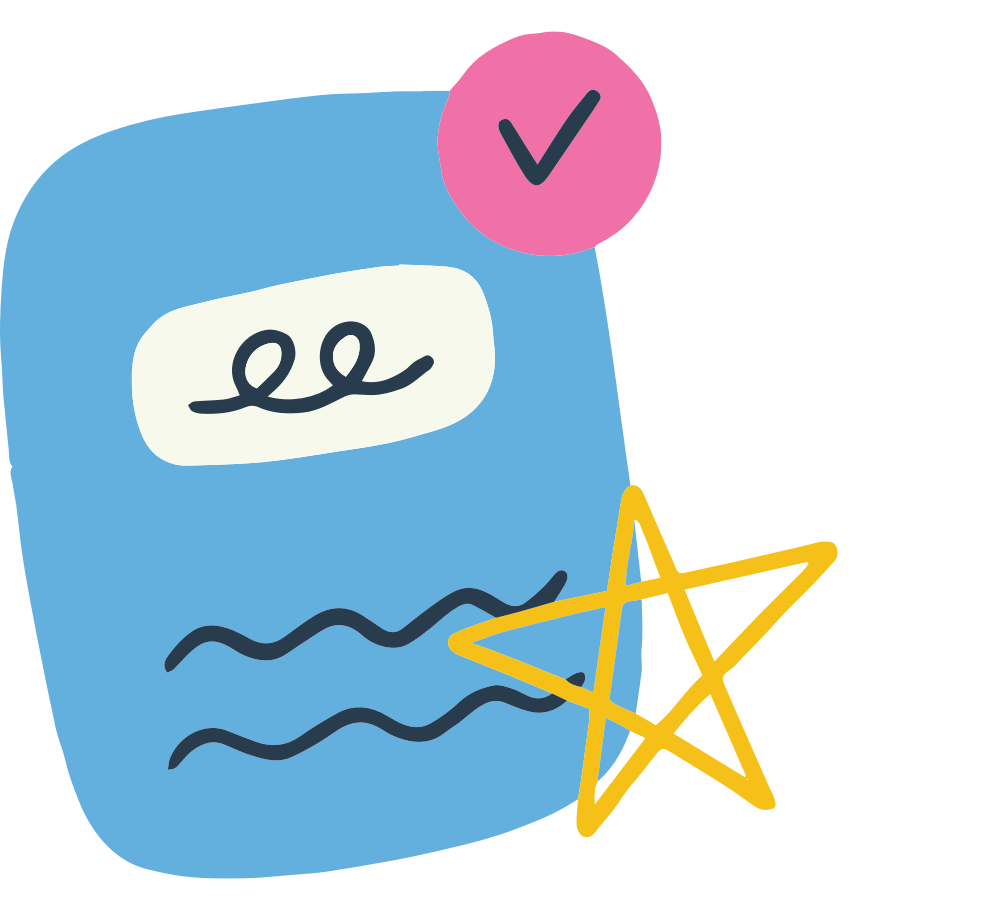
Learning Objectives
Lay the foundation for holistic well-being and future alcohol education by helping students understand how their bodies work, how emotions and decisions are connected, and how to care for themselves in age-appropriate ways.
Learn how the body works
Students will identify basic body systems and understand how everyday actions (like eating, sleeping, moving, and expressing feelings) impact how their body works and feels.
Related Standards: 1.2.4, 1.2.5, 7.2.1How this connects to future alcohol education: Understanding how the body works lays the groundwork for learning how substances like alcohol impact physical and mental health.
Learn how to make a decision
Students will be introduced to the concept of decision-making and practice choosing actions that are safe, kind, and healthy for themselves and others.
Related Standards: 5.2.1, 5.2.2,5.2.3, 5.2.4How this connects to future alcohol education: These basic decision-making skills will evolve into structured models like WISE in middle and high school, supporting intentional, values-based choices.
Recognize and manage emotions
Students will build awareness of their feelings and begin practicing healthy ways to manage big emotions like frustration, sadness, or excitement.
Related Standards: 7.2.1, 7.2.2, 4.2.1How this connects to future alcohol education: These regulation tools provide the emotional foundation for healthy coping and resilience, key components in navigating stress and substance use.
Build self-advocacy and coping skills
Students will begin identifying what they need to feel safe and supported and learn how to ask for help, set boundaries, and care for themselves with age-appropriate coping strategies.
Related Standards: 3.2.2, 4.2.3, 8.2.1How this connects to future alcohol education: These early communication and self-awareness skills develop into refusal strategies and self-advocacy in higher grade levels.
-

Functional Knowledge
Elementary functional knowledge introduces students to simple, meaningful ideas that help them understand how their choices and feelings affect their bodies and minds. This learning builds a foundation for future alcohol education.
What we put into our body impacts how our body works
Students will learn that what we eat, drink, watch, and listen to affects how our body feels and functions. Healthy choices help us feel strong, focused, and ready to learn.
This builds the foundation for understanding how substances like alcohol affect the brain and body.
We make choices for many different reasons
Students will explore how their feelings, surroundings, and needs shape the choices they make every day. They’ll begin to reflect on how to make choices that feel right for them.
This helps prepare students to explore the reasons people may choose to use alcohol and how to navigate influences in the future.
The B.E.S.T. Model [Video Clip]
Students will use the B.E.S.T. Model (Body, Environment, Self, Social) to learn how all parts of their health are connected. They will practice checking in with each area to understand how they feel and what they might need.
This whole-person model becomes a lifelong tool for evaluating well-being and recognizing how choices impact holistic health.
Learning to manage our emotions
Students will build a toolbox of calming strategies, like deep breathing, movement, or talking to a grown-up, to help them handle big feelings in healthy and kind ways.
This emotional awareness and regulation will support future coping strategies, helping students manage stress and avoid harmful behaviors like substance misuse.
-
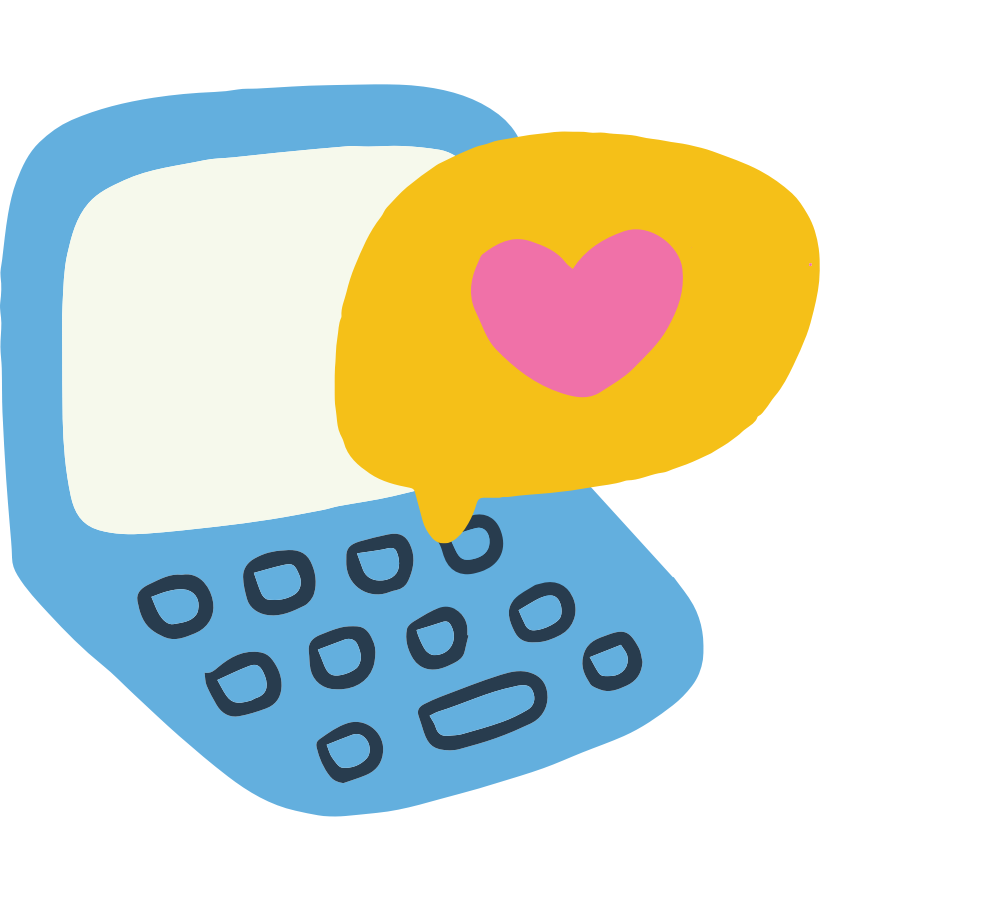
Activities
These hands-on, student-centered activities bring foundational health concepts to life. Through play, creativity, and exploration, students begin to understand how their bodies and emotions work, while practicing decision-making and reflection in age-appropriate ways.
What Sugar Does to Your Body
Students explore how sugar affects their body, mood, energy, and emotions. They make connections between what they eat and how they feel and function throughout the day.
Decision Detective Puzzle Stations
Students rotate through multiple stations with mini-scenarios or comic panels and become "decision detectives." They work to uncover why a character made a certain choice by identifying clues and reflecting on feelings, needs, and surroundings.
B.E.S.T. Model Learning Stations
Students rotate through stations focused on each part of the B.E.S.T. Model: Body, Environment, Self, and Social. They learn about each area of well-being, then personalize the model by reflecting on how they take care of each part.
Emotions Explorer Board Game
In this introductory game, students draw cards or spin to land on different emotions. For each one, they identify what it feels like, what might cause it, and learn strategies to manage it. This is a low-stakes way to build emotional vocabulary and awareness.
-
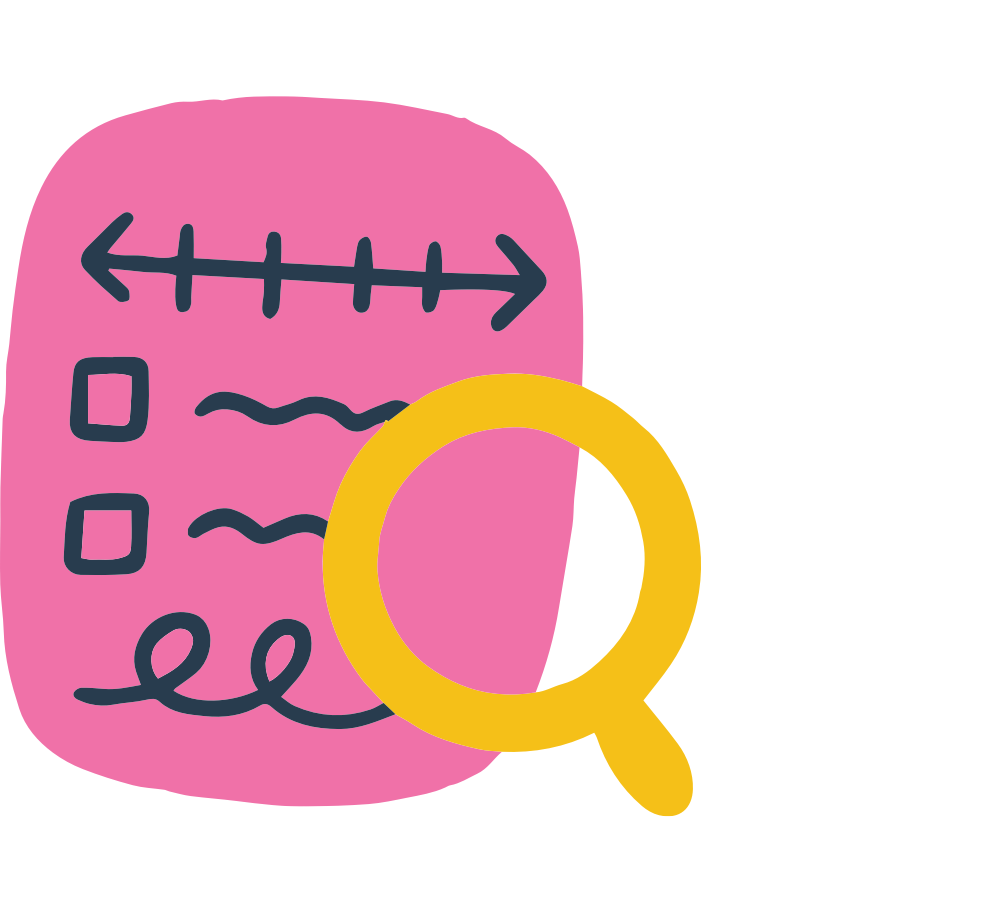
Assessments
These assessments go beyond simple recall. They help students apply their learning to real-life situations and build habits for caring for their well-being.
Decision-Making Comic Strip
Students create a short comic that shows someone making a decision. It should include what the choice was, what influenced it, and what happened next. This helps them apply decision-making steps in a fun, creative way.
B.E.S.T. Model Check-In
Students complete a check-in sheet or visual activity where they assess how they’re doing in each part of the B.E.S.T. Model and write/draw one thing they can do to take care of themselves in each area.
Coping Skills Toolbox
Students create a visual or interactive representation of their favorite coping skills — things they can do to feel better when they’re upset, overwhelmed, or stressed.
My Healthy Choice Reflection
Students write or draw about a recent choice they made (what they ate, how they handled a feeling, etc.). They explain what influenced their choice and how it made them feel in their body, emotions, or relationships.
-

Learning Objectives
The Goal of Middle School ATOD: Alcohol Education:Help students build the self-awareness, emotional resilience, and social understanding needed to navigate a world where alcohol exists, even if it’s not yet part of their lived experience.
Recognize the presence of alcohol in everyday life
Students will become aware of how alcohol shows up around them, in family settings, media, and conversations, and begin reflecting on what messages they are receiving.
Health Standards: 1.8.6, 2.8.2, 2.8.3
Explore how alcohol affects the body
Students will access valid information to understand what alcohol does to the brain and body. This functional knowledge supports their ability to recognize how alcohol use can impact health and development as they grow up.
Health Standards: 1.8.5, 3.8.3, 3.8.4
Understand how life experiences impact holistic well-being
Students will learn to view their health through a whole-person lens, recognizing that what they experience, feel, and choose affects their body, emotions, surroundings, and relationships. The B.E.S.T. Model will continue to serve as a tool for reflecting on personal well-being.
Health Standards: 1.8.2, 1.8.6, 7.8.2
Identify valid resources and services for support
Students will learn who they can go to for support if alcohol is negatively impacting their lives or the lives of people around them, such as trusted adults, school counselors, or community services.
Health Standards: 3.8.1, 3.8.3, 3.8.4
Build self-awareness to support values-driven choices
Students will explore their values, needs, and personal goals, setting a foundation for making intentional choices that align with their version of well-being. This exploration also helps students understand the many reasons people choose to make certain health choices (i.e. to drink alcohol) and the various health needs individuals are trying to meet.
Health Standards: 2.8.2, 5.8.2, 6.8.1
Learn how to make WISE decisions
Students will be introduced to the WISE decision-making model and practice using it to evaluate everyday choices, focusing on how their decisions can support or harm their holistic health.
Health Standards: 5.8.1, 5.8.3, 5.8.4
Practice refusal and boundary-setting skills
Students will develop strategies to say and hear “no” in a respectful and confident way. These skills will be applied to general life situations, not just situations involving alcohol.
Health Standards: 4.8.1, 4.8.3, 4.8.4, 4.8.5
Strengthen emotional health and coping skills
Students will learn to recognize their emotions and practice coping strategies that support their mental and emotional health in challenging situations.
Health Standards: 1.8.2, 7.8.2, 7.8.3
-

Functional Knowledge
To make informed decisions about alcohol now and in the future, students need honest, age-appropriate information that builds awareness, encourages critical thinking, and helps them reflect on how alcohol shows up in their lives, even if they never use it.
What Is Alcohol and What Does It Do to You?
Students need to know that alcohol is a drug. It slows the body down, changes how a person feels, and can cause harm, especially for growing bodies and brains.
Alcohol Is Everywhere
Even if students aren’t drinking, they see alcohol in music, shows, family gatherings, and online. It's important they begin noticing these messages and thinking about what they’re learning from them.
Building Decision-Making Skills [Video Clip]
Students will explore what influences their choices. Using the What’s BEST and WISE Decision making tools, they’ll learn how emotions, social settings, routines, and personal needs all impact decision-making. Buy | Free Access for All Members
Practicing Refusal Skills [Video Clip]
Students will develop the confidence to say and hear “no.” These communication skills help them handle peer pressure and set healthy boundaries in all areas of life. Buy | Free Access for All Members
Mental Health Bucket and Coping Skills [Video Clip]
Students will learn about the "mental health bucket" as a simple way to understand how stress and emotions build up. They'll begin exploring healthy coping skills that help manage emotions and protect their mental well-being.
-

Activities
These classroom activities are designed to help students explore key alcohol education concepts through discussion, reflection, and hands-on learning.
Alcohol Station Walk
Students rotate through stations that represent different places alcohol shows up in daily life, restaurants, commercials, sporting events, grocery stores, TV shows, and more. At each stop, students reflect on what they notice and how those messages might influence beliefs or behaviors.
What Alcohol Does to Your Body Exploration
Using visuals and interactive content, students explore how alcohol affects different body systems. Focus on what happens in the brain, liver, and decision-making processes.
Decision-Making Skill Development
Introduce and practice the WISE decision-making model. Students apply it to everyday middle school situations (like time management, peer conflict, or screen time), building foundational decision-making skills.
Buy | Free Access for All Members
Refusal Skills in TV, Movies, and Books
Students analyze how characters in books, movies, or shows set boundaries or say no, even when it’s not about alcohol. They reflect on what effective refusal looks and sounds like in real life.
Buy | Free Access for All Members
Personalized Mental Health Bucket
Students create a personal version of the mental health bucket — identifying what fills their bucket and which healthy coping strategies help empty it. This serves as a visual tool for self-awareness and emotional regulation.
-

Assessments
These assessments are designed to evaluate how well students understand key alcohol education concepts and how effectively they can apply health skills in realistic and relevant ways.
Alcohol Counter
Students track where they see alcohol in real life (at a restaurant, in a movie, in a store, etc.) and describe the messages associated with each observation. They reflect on how these messages shape what they believe or expect about alcohol.
Media Analysis
Students review a commercial, TV scene, YouTube clip, or ad that includes alcohol. They identify the explicit and implicit messages about alcohol, reflect on what those messages suggest about drinking, and discuss how the media might influence people their age.
WISE Decision Scenario [Video Clip]
Students apply the WISE decision-making model to a realistic middle school scenario — such as navigating peer pressure, handling time management, or managing conflict. They identify the situation, list possible options and outcomes, make a choice, and reflect on how it impacts their holistic well-being.
Buy | Free Access for All Members
Practical Refusal Skills [Video Clip]
Students choose a Skill Cue STOP) and create a peer PSA demonstrating how to authentically use refusal skills in everyday situations. Scenarios can be based on social pressure, setting boundaries, or standing up for themselves or others.
Buy | Free Access for All Members
Mental Health Bucket Reflection [Video Clip]
Students complete visual reflection explaining their personalized mental health bucket. They identify what fills their bucket, what helps empty it, and how these strategies support their emotional and mental well-being.
Buy | Free Access for All Members
*Health Skill Choice Board Project
Students select a health skill (e.g., decision-making, self-management, analyzing influences) and design a final product that applies that skill to the topic of alcohol use. This project allows for creativity while reinforcing key content and personal reflection.
-

Learning Objectives
Equip students with the knowledge, confidence, and skills to exist in a world with alcohol in ways that support their joy, security, happiness, and peace.
Build self-awareness of their relationship with alcohol
Students will reflect on their thoughts, feelings, and actions related to alcohol. This includes recognizing how alcohol shows up in their lives, even if they do not use it.
Health Standards: 1.12.4, 6.12.1, 7.12.2Assess the impact of alcohol use on holistic well-being
Students will evaluate how alcohol affects a person's physical, emotional, and social health using tools like the B.E.S.T. Model and ARAT.
Health Standards: 1.12.2, 5.12.1, 5.12.5, 7.12.2Identify the attitudes and perceptions about alcohol around them
Students will explore how media, family, peers, and cultural norms influence their beliefs, expectations, and behaviors related to alcohol.
Health Standards: 2.12.1, 2.12.2, 2.12.3Understand the reasons people use alcohol
Students will investigate the holistic health needs, such as social connection, emotional regulation, or physical discomfort, that alcohol is sometimes used to address.
Health Standards: 1.12.2, 1.12.6, 2.12.2, 5.12.1, 6.12.1Make alcohol-related decisions that align with personal joy and well-being
Students will apply values-based decision-making strategies to choose how they want to engage or not engage with alcohol, both now and in the future.
Health Standards: 5.12.1, 5.12.3, 5.12.4, 5.12.5, 5.12.6, 5.12.7, 6.12.1, 6.12.2, 6.12.3 -

Functional Knowledge
To make values-based decisions around alcohol, students need a strong foundation of practical, honest information. This knowledge helps them understand how alcohol shows up in their lives and how to navigate it with intention and care.
Understanding Your Relationship with Alcohol [Video Clip]
Having a relationship with alcohol doesn’t mean you use it. It means alcohol exists in the world around you, and you have thoughts, feelings, and make choices in response to its presence.
Buy | Free Access for HS Members
Alcohol Is Everywhere
Alcohol is embedded in culture and daily life. Because it is so common, it can feel normal or expected. Students need to recognize it as a drug with real impact.
Buy | Free Access for HS Members
Alcohol Is a Drug
Understand how alcohol affects the body and impacts holistic well-being, including mental, emotional, and physical health.
Why People Use Alcohol [Video Clip]
Examine the emotional, social, cultural, and physical reasons people use alcohol, such as stress relief, social bonding, coping with pain, or fitting in.
Buy | Free Access for HS Members
Using the ARAT [Video Clip]
Learn how to use the ARAT (Alcohol Relationship Assessment Tool) to reflect on personal well-being and assess the role alcohol plays in one’s life.
Buy | Free Access for HS Members
Building Healthy Habits [Video Clip]
Develop personal habits and routines that support how you choose to engage or not engage with alcohol in ways that align with your values and well-being.
-

Teaching Activities
Unit Plans
The Project School Wellness ATOD Curriculum includes 8 lessons and a summative activity designed to help students reflect, build skills, and navigate their relationship with alcohol and other drugs.
Buy | Free Access for HS Members
Cultural Perceptions Questionnaire [Video Clip] – Explore how students perceive alcohol and where their ideas come from.
Buy | Free Access for HS Members
Personalize an ARAT [Video Clip]
Students fill out their own version of the ARAT to reflect on their relationship with alcohol.
Buy | Free Access for HS Members
Viral Moment Breakdown
Students bring in a trending or viral media moment involving alcohol and analyze the messages and underlying influences.
Media Analysis
Choose a film, ad, or social media post and guide students through a media literacy activity focused on alcohol messaging.
Buy | Free Access for HS Members
We Listen and We Don’t Judge
Create space for open discussion about real-life situations students are seeing or experiencing. Focus on listening without judgment.
B.E.S.T. Character Analysis
Students apply the B.E.S.T. Modelto analyze a character’s relationship with alcohol in a book, movie, or real-world story
-

Assessments
These assessments are designed to measure student understanding of core functional knowledge and their ability to apply key health skills, such as decision-making, self-management, and analyzing influences.
Teen Alcohol Use Case Study
Present students with a realistic scenario involving alcohol. Students use the ARAT to assess the character’s relationship with alcohol, identify internal and external influences, define the motivation for use, analyze the impact on holistic well-being using the B.E.S.T. Model, and reflect on what decision they would make in the same situation.
Peer PSA Project
Students create a peer-focused public service announcement that communicates relevant, values-aligned messaging about alcohol. The PSA should reflect real student experiences and be crafted in a way that would resonate with their peers. Buy | Free Access for HS Members
Media Correction Project
Students choose an ad or media portrayal involving alcohol, identify the key messages, and redesign it to more authentically represent the impact and role of alcohol, using functional knowledge and health skills to inform their edits.
*Health Skill Choice Board Project
Students select a health skill (e.g., decision-making, self-management, analyzing influences) and design a final product that applies that skill to the topic of alcohol use. This project allows for creativity while reinforcing key content and personal reflection.
Buy | Free Access for All Members
-
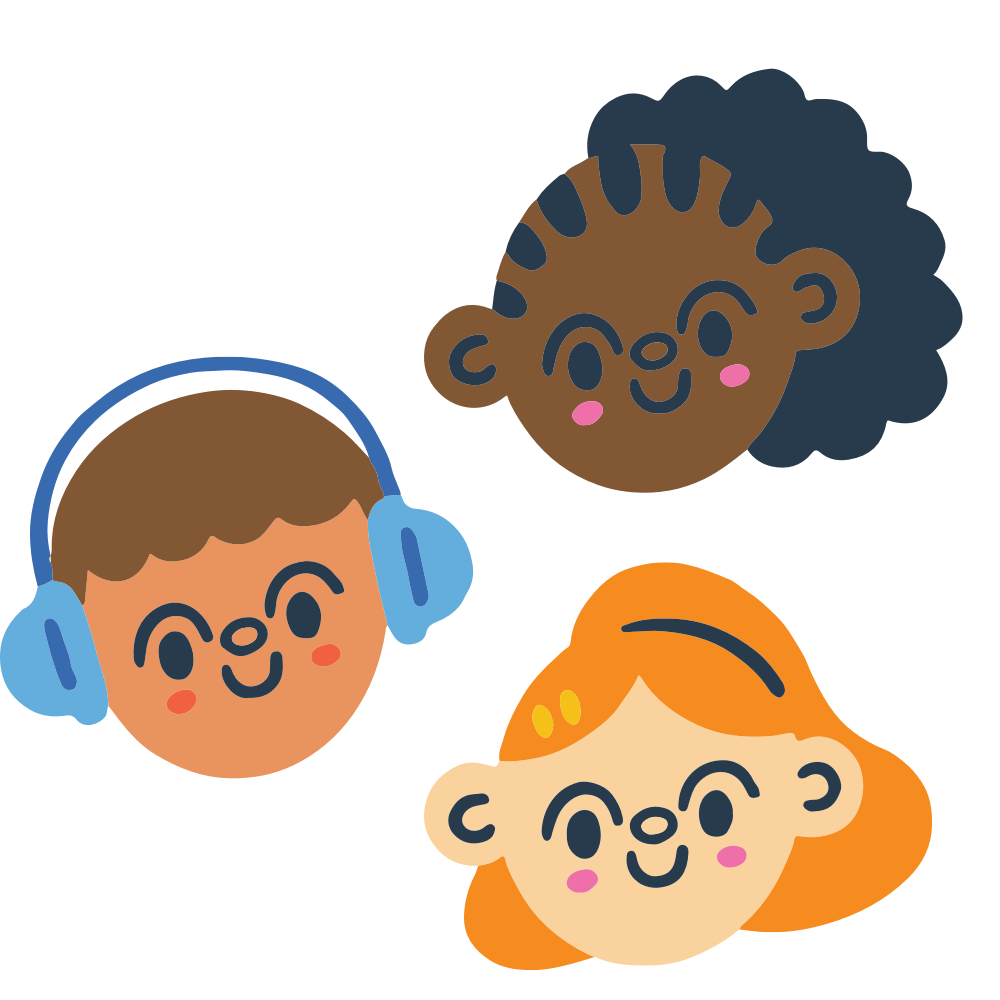
For Students
Discover a catalog of teen health guides packed with essential healthy living tools. Each health guide features topic overviews, self-assessment check-ins, red flag indicators, actionable resources, and more to help students take charge of their health and well-being.
-
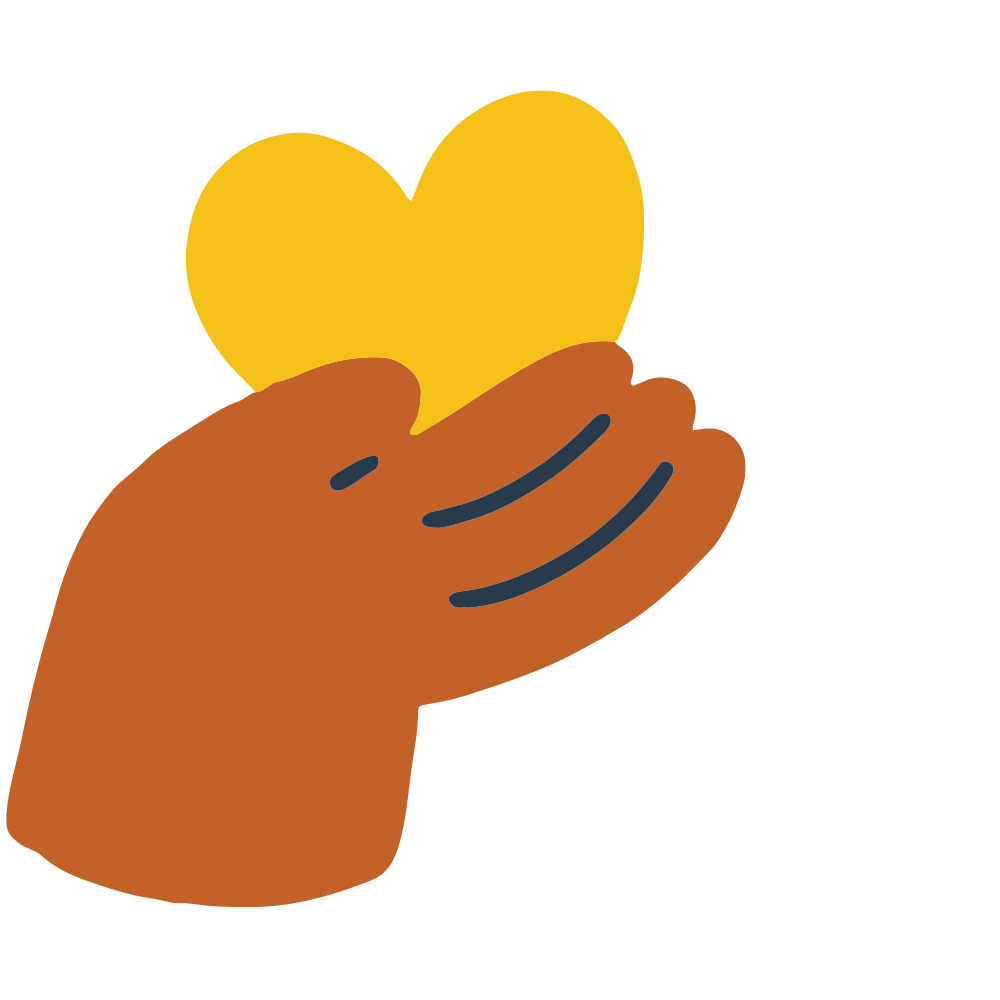
For Parents
The ultimate guide for parents to raise healthy kids, foster open communication, and become their child’s trusted go-to adult. Discover our parent health guides filled with conversation starters, topic overviews, curated resources, and practical tools to confidently support your child’s health and well-being.
Teach the SHAPE Standards
____ Teaching Ideas Connected to SHAPE’s Health Skills
Explore the health skills table below to discover teaching ideas that connect body image education to SHAPE America’s National Health Education Standards. By linking body image lessons to skills like decision-making, self-management, and analyzing influences, you can create meaningful, skills-based learning experiences that help students develop a positive and healthy relationship with their bodies.
-
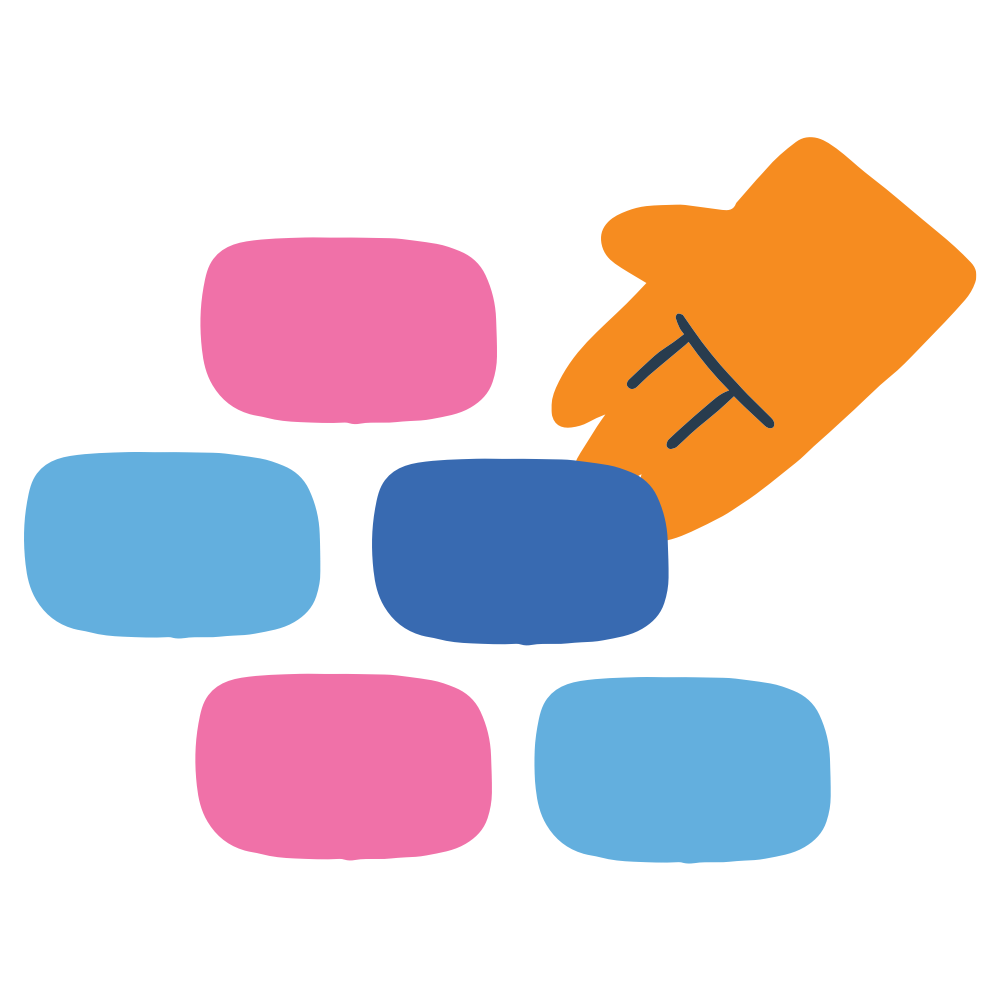
Building and Applying Functional Knowledge
Learning and Using Health Knowledge
-

Analyzing Influences
See What Shapes Your Choices
-

Accessing Valid Information
Find Good Health Info
-

Interpersonal Communication
Communicate Effectively
-
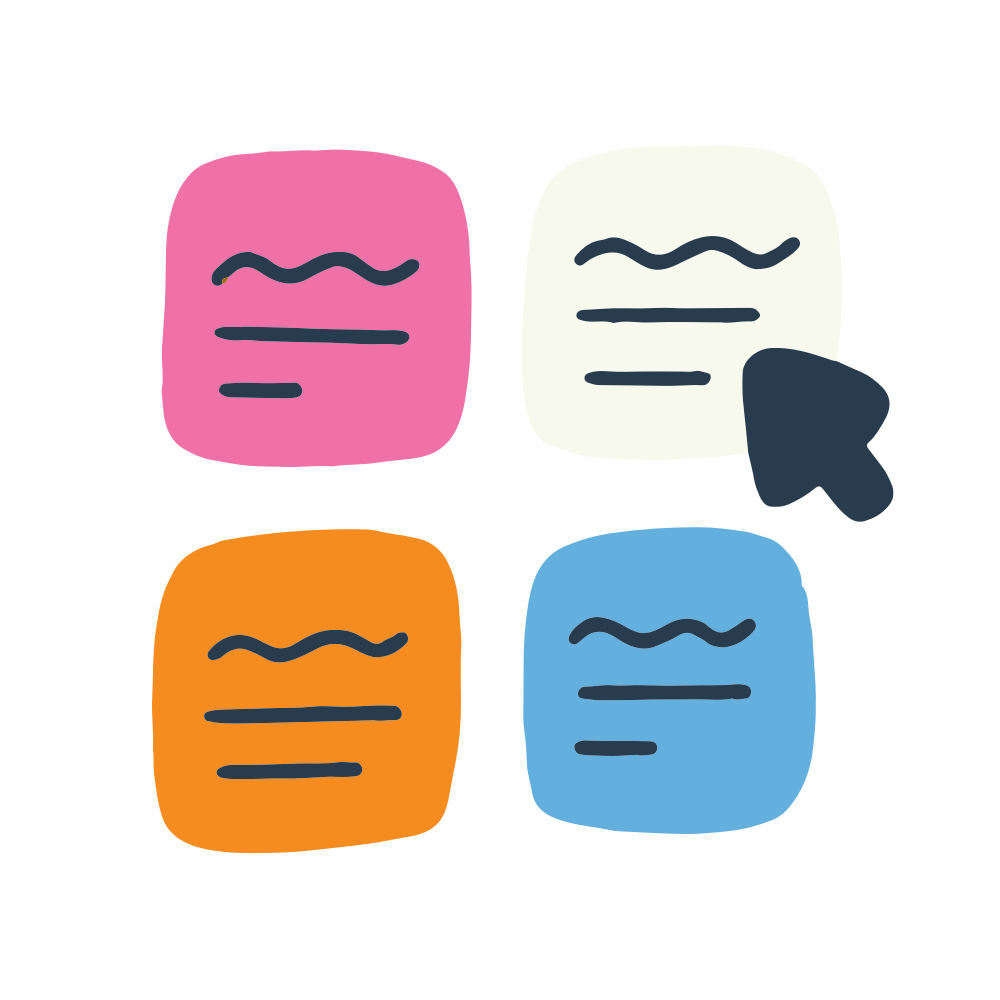
Decision Making
Make Enriching Health Choices
-

Goal Setting
Set and Reach Health Goals
-
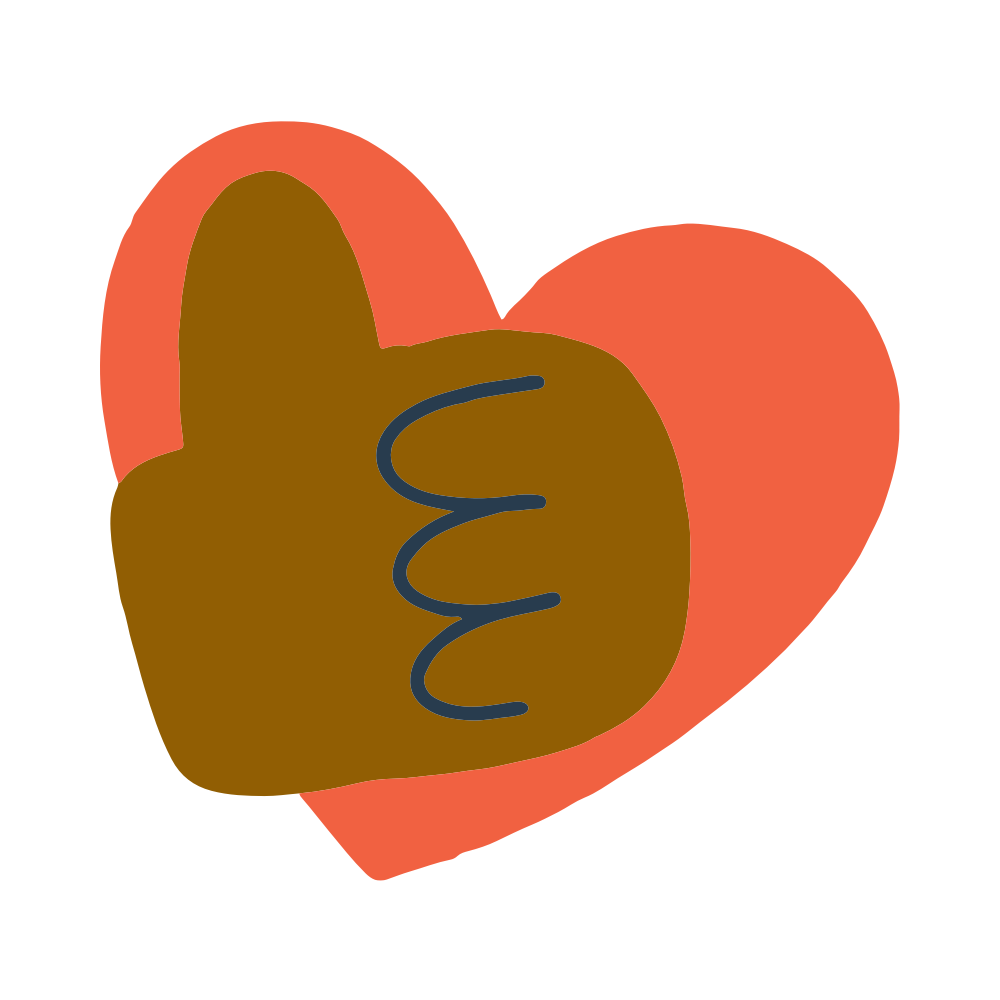
Practice Health Enhancing Behaviors
Take Care of Your Well-being
-

Advocacy
Speak Up for Health
How Does Building and Applying Functional Knowledge Relate to Alcohol Education?
To make values-based decisions around alcohol, students need a strong foundation of practical, honest information. This knowledge helps them understand how alcohol shows up in their lives and how to navigate it with intention and care.
For more specifics, check the Functional Knowledge section in the teaching progression above.
Alcohol Education Teaching Ideas: Building and Applying Functional Knowledge
Talk about the real reasons people drink (i.e. stress, fitting in, boredom, fun, etc)
Learn what alcohol actually does to your brain and body, not just what you think happens
Think about how alcohol affects your mood, friendships, and mental health
Track how often you see alcohol show up on your feed, on TV, or in real life
For more specifics, check the Teaching Activities and Assessment sections in the teaching progression above.
How Does Analyzing Influences Relate to Alcohol Education
Students are surrounded by alcohol messages every day, through media, advertising, social settings, family traditions, and peer interactions. To navigate this alcohol-saturated world, they need to build awareness of who and what is shaping how they feel, think, and act when it comes to alcohol.
This skill goes beyond peer pressure. It helps students recognize the deeper cultural and social messages that influence their beliefs and choices.
Alcohol Education Teaching Ideas: Analyzing Influences
Break down the vibe alcohol ads are trying to sell (fun, freedom, popularity, etc.)
Scroll through TikTok or YouTube and spot how alcohol shows up—even when it's subtle
Reflect on what role alcohol plays at family gatherings or holiday events
Talk about how songs, memes, and movies shape what we think drinking is "supposed" to look like
Compare what students see vs. what they know about alcohol
Don't forget you can use the Health Skills Choice Board Project to connect alcohol education to analyzing influences. It includes a ready-to-use project that works with any health topic.
How Does Accessing Resources Relate to Alcohol Education?
Understanding alcohol starts with knowing where to find and how to evaluate quality information. This skill helps students decode the flood of alcohol-related messages around them, in media, in their homes, at school, and online, and determine what's real, what's exaggerated, and what's relevant to their own lives.
Alcohol Education Teaching Ideas: Accessing Resources
Investigate where students already see alcohol in their lives (songs, commercials, video games, sports)
Use the PROVE It method to break down viral alcohol content
Map out support systems — who could you talk to if alcohol is showing up in your life or someone else's?
Buy Accessing Resources Resources | Free Access for All Members
How Does Interpersonal Communication Relate to Alcohol Education?
Talking about alcohol isn't always easy, especially if it’s showing up at home or in friend groups. Interpersonal communication teaches students how to navigate these moments with honesty, confidence, and clarity. It’s not just about saying no, but about knowing what to say, when to say it, and how to say it in a way that feels true to them.
Alcohol Education Teaching Ideas: Interpersonal Communication
Watch clips from teen shows/movies and analyze how characters communicate in situations where alcohol is present, what worked, what didn’t, and what they might have said differently
Authentically practice refusal skills and boundary-setting by roleplaying situations where students both say and hear "no" in ways that feel respectful and real
Use the TALK skill cue to debrief scenarios where someone was drinking and hurt your feelings, what would you say, how would you express your needs, and how would you protect your well-being?
Buy Interpersonal Communication Resources | Free Access for All Members
How Does Decision-Making Relate to Alcohol Education?
Every student has or will make decisions about alcohol, whether to try it, avoid it, delay it, or respond to someone else’s choices. The skill of decision making teaches students to reflect on their values, assess their options, and act in a way that aligns with their well-being, not just in theory, but in practice.
Alcohol Education Teaching Ideas: Decision-Making
Walk through alcohol-related scenarios using the WISE model
Analyze characters in books or shows and rate the alignment between their decisions and well-being
Create decision trees that help students trace the outcomes of different alcohol-related choices
Buy Decision M Resources | Free Access for All Members
How Does Goal Setting Relate to Alcohol Education?
Goal setting supports students in aligning their relationship with alcohol with their personal vision for well-being. This might include goals like expressing boundaries with confidence, using effective coping strategies instead of turning to alcohol, maintaining trust in friendships, or simply staying grounded in what matters most to them.
Alcohol Education Teaching Ideas: Goal Setting
Have students define personal goals, then reflect on how alcohol could support or challenge those goals
Use the GROW skill cue to explore goals related to boundaries, well-being, or identity
Create vision boards around specific health goals that are strengthened by making intentional choices around alcohol
Buy Goal Setting Resources | Free Access for All Members
How Does Self-Management / Practice Health-Enhancing Behaviors Relate to Alcohol Education?
Navigating an alcohol-saturated world takes more than just saying no, it takes confidence, self-awareness, and the ability to regulate and care for yourself. Self-management is about building that capacity. Whether students are coping with stress, navigating peer pressure, or processing how alcohol shows up in their family or community, they need the tools to act intentionally and in alignment with their well-being.
Alcohol Education Teaching Ideas: Self-Management / Practice Health-Enhancing Behaviors
Use the ARAT (Alcohol Relationship Assessment Tool) to help students reflect on how alcohol shows up in their lives and how it affects them personally
Guide students through a B.E.S.T. Model reflection that connects their alcohol-related experiences (direct or indirect) to their holistic well-being
Develop a personal well-being action plan that includes daily habits and coping strategies for navigating the presence of alcohol in their world
Buy Self-Management Resources | Free Access for All Members
How Does Advocacy Relate to Alcohol Education?
Lorem ipsum dolor sit amet, consectetur adipiscing elit, sed do eiusmod tempor incididunt ut labore et dolore magna aliqua. Ut enim ad minim veniam, quis nostrud exercitation ullamco laboris nisi ut aliquip ex ea commodo consequat. Duis aute irure dolor in reprehenderit in voluptate velit esse cillum dolore eu fugiat nulla pariatur. Excepteur sint occaecat cupidatat non proident, sunt in culpa qui officia deserunt mollit anim id est laborum.
Alcohol Education Teaching Ideas: Advocacy
Use the VOICE or ASK cue to write messages of support for someone navigating alcohol in their life
Create social media campaigns or posters that advocate for safe, informed choices around alcohol
Practice how to respectfully speak up when a situation involving alcohol doesn’t feel right
Buy Advocacy Resources | Free Access for All Members
explore free content
Youtube
Aliquam id lacus convallis turpis ultricies ante tempus. Himenaeos praesent volutpat commodo aliquam ligula. Hendrerit tincidunt eros magnis vivamus mauris faucibus inceptos.
popular videos

Done-For-You
Teaching Resources
ATOD Unit Plans
Duis aute irure dolor in reprehenderit in voluptate velit esse cillum dolore eu fugiat nulla pariatur. Excepteur sint occaecat cupidatat non proident, sunt in culpa qui officia deserunt mollit anim id est laborum.
-
Duis aute irure dolor in reprehenderit in voluptate velit esse cillum dolore eu fugiat nulla pariatur. Excepteur sint occaecat cupidatat non proident, sunt in culpa qui officia deserunt mollit anim id est laborum.
Duis aute irure dolor est
Duis aute irure dolor est
Duis aute irure dolor est
-
Duis aute irure dolor in reprehenderit in voluptate velit esse cillum dolore eu fugiat nulla pariatur. Excepteur sint occaecat cupidatat non proident, sunt in culpa qui officia deserunt mollit anim id est laborum.
Duis aute irure dolor est
Duis aute irure dolor est
Duis aute irure dolor est
-
Duis aute irure dolor in reprehenderit in voluptate velit esse cillum dolore eu fugiat nulla pariatur. Excepteur sint occaecat cupidatat non proident, sunt in culpa qui officia deserunt mollit anim id est laborum.
Duis aute irure dolor est
Duis aute irure dolor est
Duis aute irure dolor est
Individual Lesson Plans
Already own the Project School Wellness Curriculum, Click the links below to access the relevant unit plans

Your Curated Resource List
____ Teaching Resources
-
Resource Lorem Ipsum Name
Resource Lorem Ipsum Name
Resource Lorem Ipsum Name
Resource Lorem Ipsum Name
-
Resource Lorem Ipsum Name
Resource Lorem Ipsum Name
Resource Lorem Ipsum Name
Resource Lorem Ipsum Name
-
Resource Lorem Ipsum Name
Resource Lorem Ipsum Name
Resource Lorem Ipsum Name
Resource Lorem Ipsum Name
-
Resource Lorem Ipsum Name
Resource Lorem Ipsum Name
Resource Lorem Ipsum Name
Resource Lorem Ipsum Name
-
Resource Lorem Ipsum Name
Resource Lorem Ipsum Name
Resource Lorem Ipsum Name
Resource Lorem Ipsum Name
Meet Project School Wellness
Your Go-To Partner in Health Education!
At Project School Wellness, we are dedicated to making health education simple, effective, and life-changing.
As your one-stop health education hub, we offer ready-to-use curriculum and resources for teachers, expert guidance for parents navigating tough topics, and trusted insights for students building lifelong health skills. Whether you’re in the classroom, at home, or learning on your own, we’re here to help you build the knowledge, skills, and confidence needed to live their healthiest, happiest lives.
